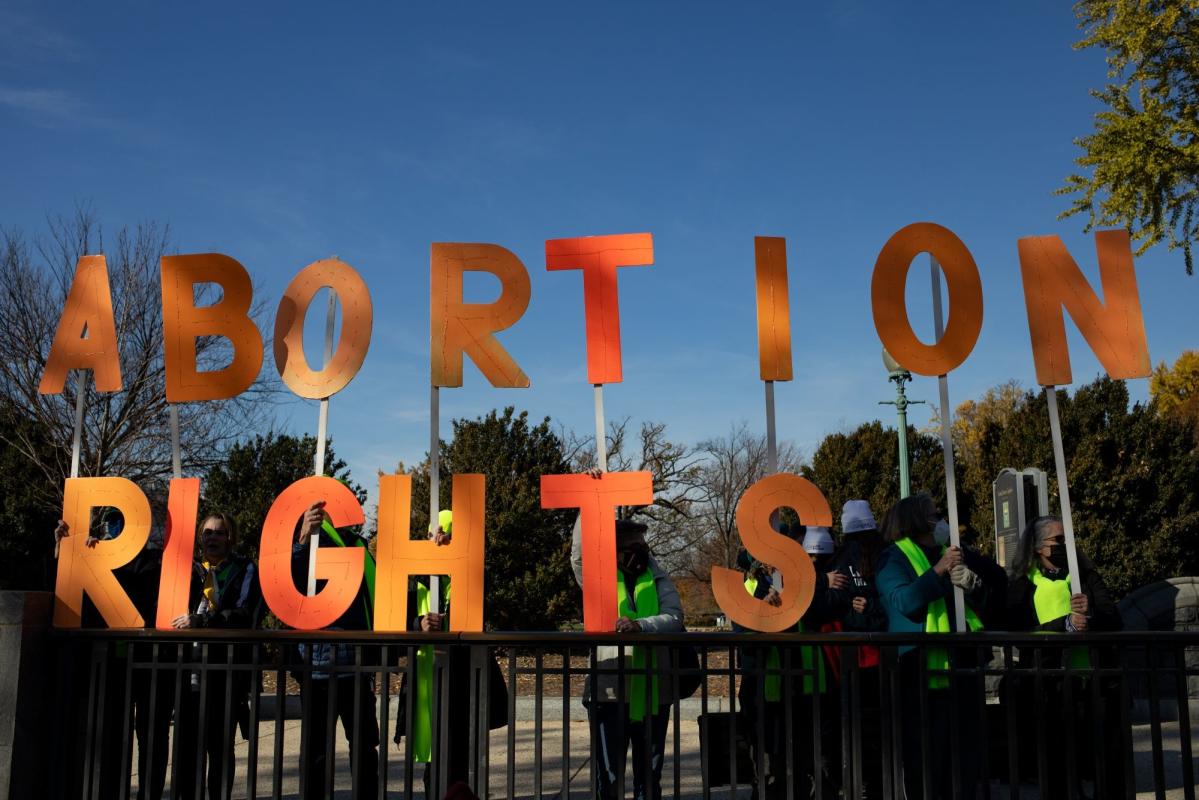
(Bloomberg) — The Biden administration won a judge’s order ensuring women in Idaho can get abortions in medical emergencies, less than a day after losing a similar fight in Texas.
Most Read from Bloomberg
The mixed outcomes in preliminary rulings point to hotly contested court battles ahead over state limitations after the US Supreme Court overturned a federal right to the procedure.
The ruling in Boise came after Idaho legislators offered to change the state’s so-called trigger ban in response to US District Judge B. Lynn Winmill’s criticism that it conflicts with medical protections under a federal statute.
The judge’s decision temporarily blocking Idaho’s law was issued the day before the measure — which allows for the prosecution of doctors who perform abortions — was set to take effect.
The showdowns in Texas and Idaho offer a preview of how fights in other conservative states with laws aimed at criminalizing abortion may play out.
Winmill, who was appointed by Democrat Bill Clinton, agreed with the US Justice Department’s argument that an exemption in the Idaho measure allowing for abortions to prevent the death of a pregnant woman is too narrow. To comply with federal law, the US argued, doctors must be shielded from prosecution for cases in which an abortion is necessary to prevent serious jeopardy to a woman’s health.
In his ruling, Winmill said it’s “impossible” for physicians to comply with both the state statute that makes it illegal to perform an abortion unless the woman’s life is imperiled, and the federal statute which requires Medicare providers to render adequate emergency care.
The judge wrote that the federal Emergency Medical Treatment and Labor Act was passed in 1986 “with the overarching purpose of ensuring that all patients receive adequate emergency medical care.”
Read More: Biden Bid to Ensure Emergency Abortion Access Rejected in Texas
The Texas judge, an appointee of Republican Donald Trump, came to the opposite conclusion: Doctors should defer to Texas’s abortion law while the case plays out in court.
Now that the Supreme Court’s decision overturning Roe v. Wade is the law of the land, broad access to abortion is no longer guaranteed and “the Biden administration is nibbling at the edges,” said Lawrence Gostin, a professor at Georgetown Law School.
The win in Idaho will embolden the Justice Department to bring more such suits, though some will fail because they’ll be before judges more partial to states’ rights, he added.
“Biden has broad public support for sensible abortion policies that absolutely include protecting the health and life of pregnant women,” he said. ‘I fully expected Biden to lose in Texas.”
Gostin predicted the issue over whether abortion restrictions must conform to Emtala will eventually end up at the Supreme Court.
Under Emtala, emergency rooms must stabilize patients suffering an emergency medical condition. For pregnant patients, that could include an ectopic pregnancy, complications from a miscarriage, or preeclampsia.
Wednesday’s ruling in Idaho only applies to women who urgently require an emergency abortion, and doesn’t apply to the majority of patients seeking the procedure.
“But given that those women face grave harm, even death, winning this battle is critically important,” said Michelle Mello, a professor at Stanford Law School.
She said it’s also a relief for doctors, whose rights to determine when an abortion is medically necessary have been clouded by vague terms in some states’ abortion bans.
“There’s a lot of uncertainty right now about who gets to make that call,” she said. Wednesday’s ruling “could help people feel more legally comfortable returning that decision to doctors.”
Idaho Attorney General Lawrence Wasden has said the Justice Department’s suit filed earlier this month was “politically motivated.” The state argued the measure doesn’t necessarily conflict with Emtala.
In court filings, at least 16 US states have lined up behind Idaho in the case before Winmill, including Indiana, Texas and numerous other southern states, as well as neighboring Wyoming and Utah.
Twenty states and Washington, D.C. have sided with the Justice Department, including New York, California, Pennsylvania and Michigan.
The case is US v. Idaho, 22-cv-329, US District Court, District of Idaho, Southern Division (Boise).
(Updates with judge’s reasoning.)
Most Read from Bloomberg Businessweek
©2022 Bloomberg L.P.




